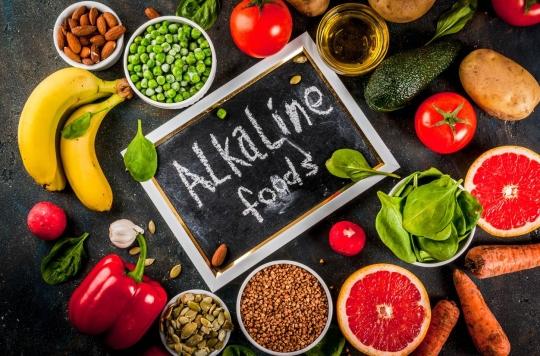November 7, 2003 – Some women may reduce their risk of giving birth to a baby with a cleft lip or cleft palate by taking folic acid supplements.
Cleft lip is better known as a cleft lip while cleft palate is characterized by a hole in the palate. Problems can arise individually or jointly.
Folic acid supplements were previously recommended to women to reduce the risk of neural tube defects in the fetus, but this is the first time that they have also been associated with the prevention of these oral defects.
For example, American researchers have found that some women who have difficulty metabolizing folic acid are six times more likely to give birth to a baby with a cleft lip, cleft palate, or both. they were not taking supplements at the time of conception. The risk was ten times greater if the woman also did not consume enough food-source folate.
The best dietary sources of folate are chicken liver, spinach, beef liver, lentils, chickpeas, Brussels sprouts, beets, orange juice, asparagus, and romaine lettuce. In addition, in Canada, since 1998, white flour as well as cornmeal and fortified pasta are now enriched with folic acid.
Health Canada recommends2 Finally, choose a multivitamin-multimineral supplement containing a daily dose of 0.4 mg of folic acid.
Jean-Benoit Legault – PasseportSanté.net
According to Reuters Health; April 4, 2003.
1. van Rooij IA, Vermeij-Keers C, Kluijtmans LA, Ocke MC, Zielhuis GA, Goorhuis-Brouwer SM, van der Biezen JJ, Kuijpers-Jagtman AM, Steegers-Theunissen RP. Does the interaction between maternal folate intake and the methylenetetrahydrofolate reductase polymorphisms affect the risk of cleft lip with or without cleft palate?Am J Epidemiol 2003 Apr 1; 157 (7): 583-91.
2. Health Canada. www.hc-sc.gc.ca















